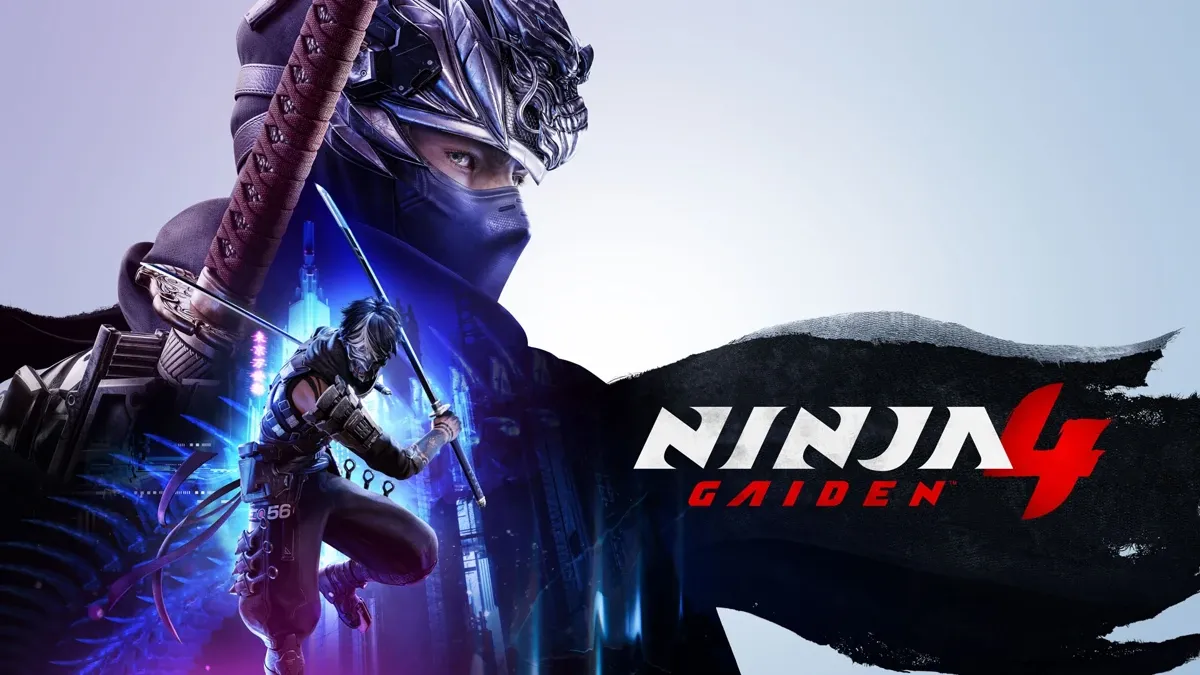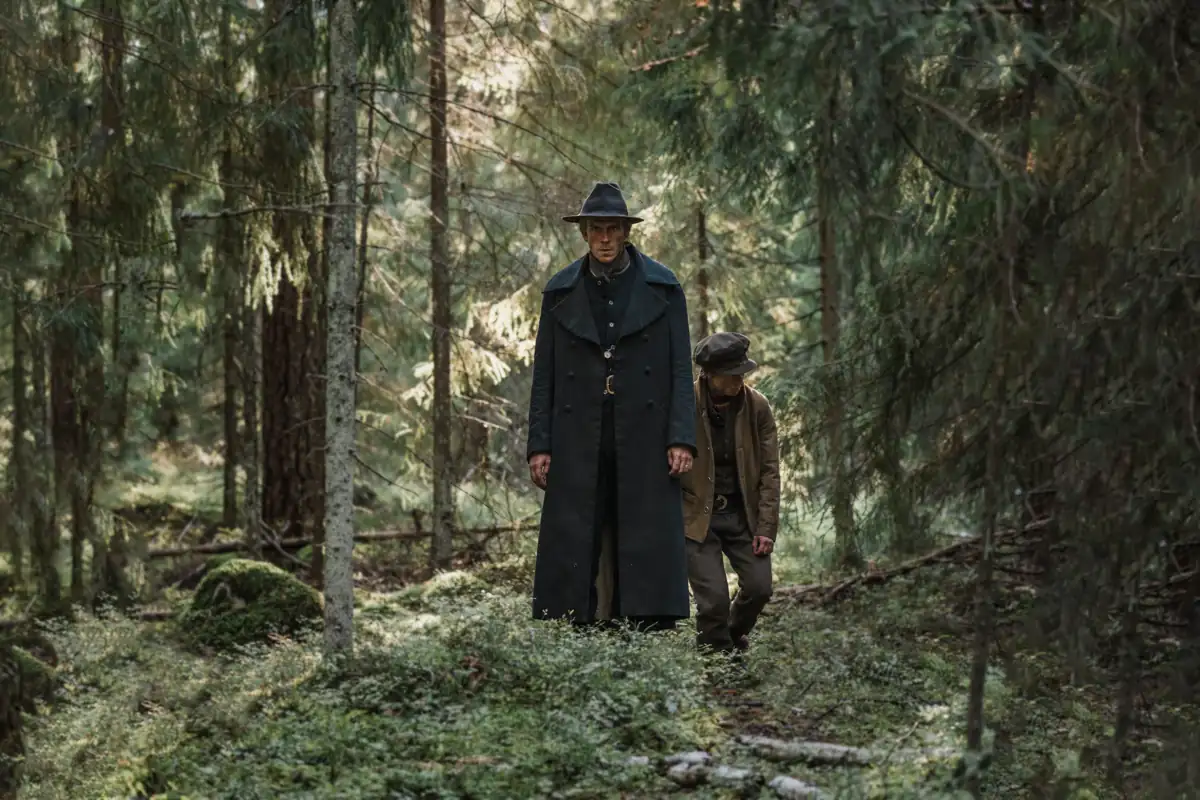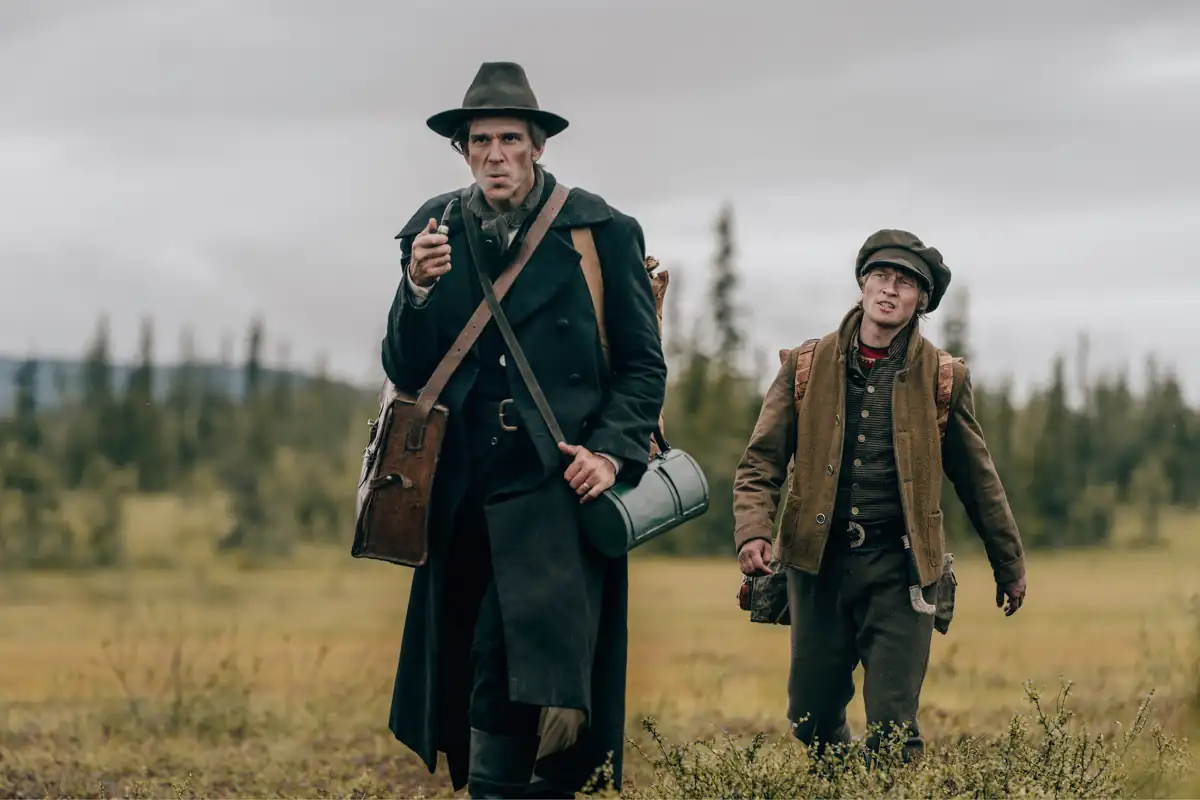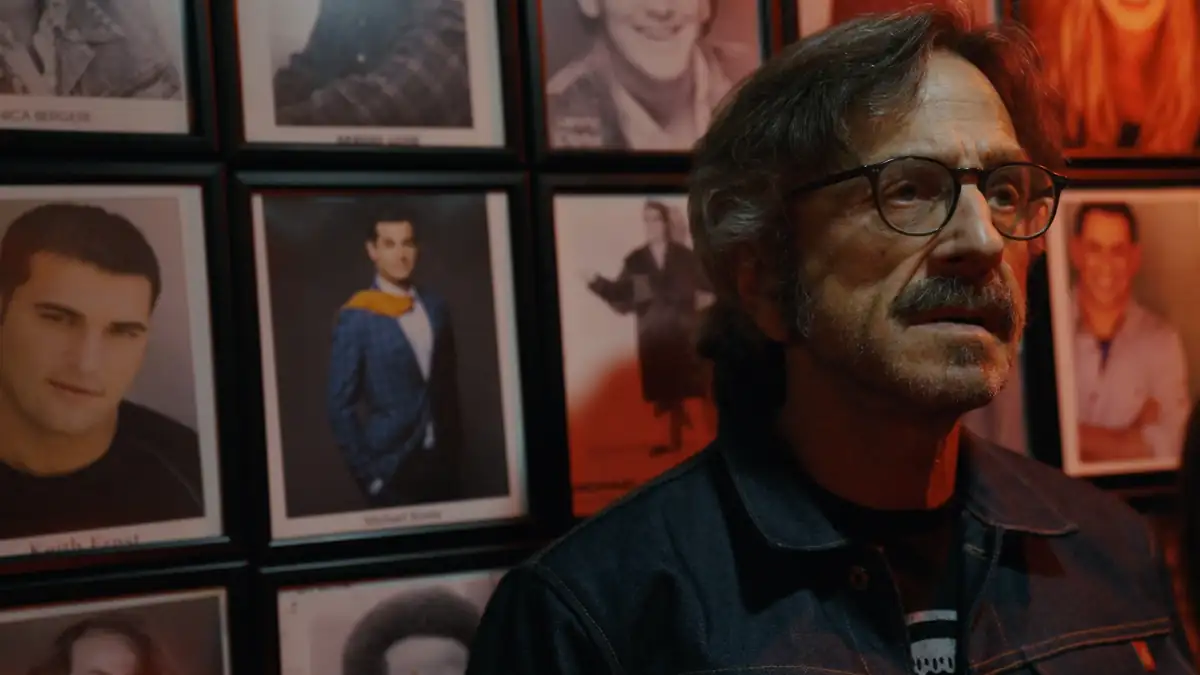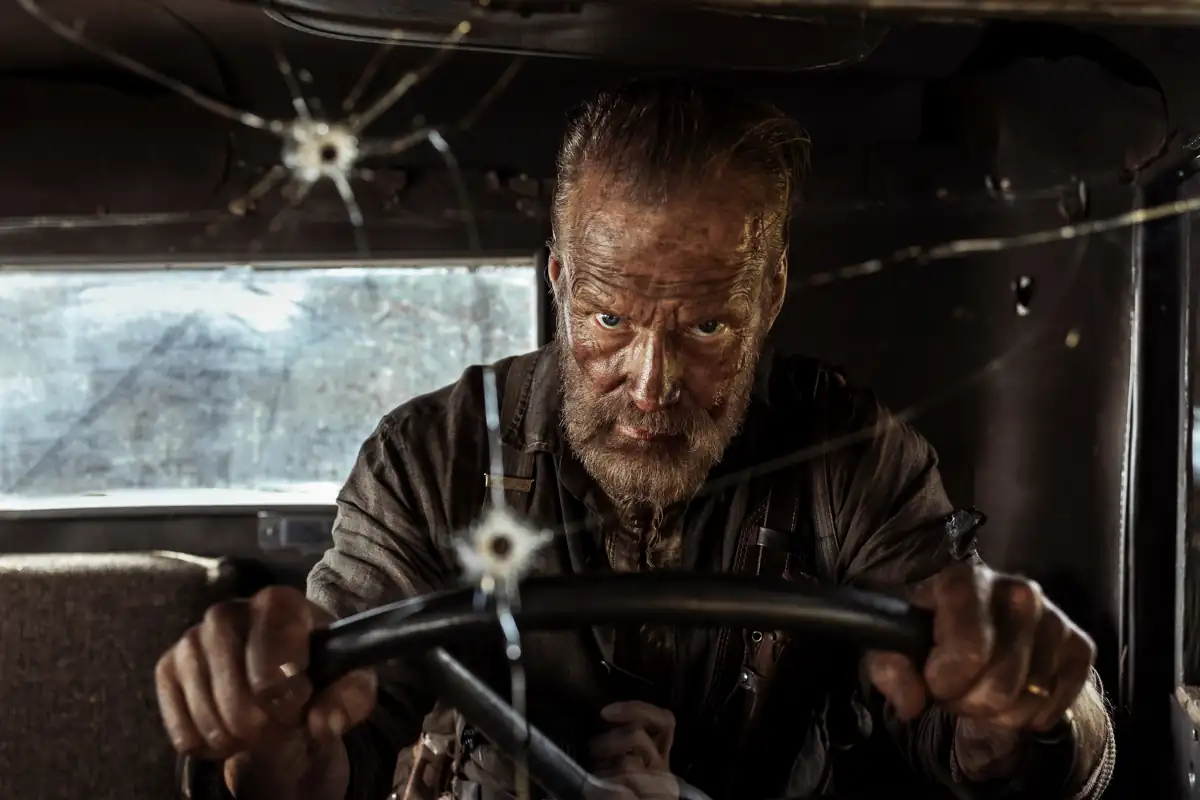(THE NEVERS premiers on HBO Nordic April 12.2021)
The death of the author
THE NEVERS will be great one day, just not yet.
It’s a series that has moments of fleeting brilliance, a winning cast, and a great (if overly familiar) setting. There are themes over empowerment, sisterhood, social justice, and equality that work superbly in this genre. But, at the same time, weighing it down is the shadow of its creator. A man who left the series halfway through the first season after allegations of decades of abuse and bullying.
Even more ironic is that THE NEVERS is the story of women working in the shadow of powerful, corrupt, and abusive men who hog the limelight.
Created, written, and run by Joss Whedon, once a celebrated geek auteur of material like BUFFY THE VAMPIRE SLAYER, FIREFLY, and THE AVENGERS. In 2020, cast members spoke out about his tactics as a lecherous bully who used his power to inflict misery whenever his whims dictated it. One allegation even stated he wasn’t allowed in the same room as a young female co-star during production without supervision.
Before the revelations, Whedon made a career of crafting action and sci-fi series about ass-kicking women and quippy gunslingers, who fought against faceless corporations and overwhelming odds. His work was consistently advertised as the new feminist ideal, a strong ally for the cause.
In THE NEVERS, Whedon returns to the same tropes to create an amalgamation of THE X-MEN and FIREFLY. But the series offers little of the wit and flourish that made both prior outings so memorable. And yet, a faint glimmer of a more mature potential lingers. However, those flourishes feel as if they’re from the hands not of their creator.

A different time
Set at the tail end of the 1800s, THE NEVERS finds us in an alternative London, where an unknown number of people – primarily women – have gained supernatural powers they’ve come to call “Turns.” Taking refuge in an orphanage and care home for outcasts with magical powers, widow Amalia True and her best friend Penance Adair lead an underground movement for justice. But the arrival of a serial killer known as Maladie threatens to spark an open war between the two worlds.
The main beats are remarkably – and often detrimentally – the same as in Whedon’s previous works. There’s the awkward and socially inept brilliant engineer. A young woman with a dark and powerful ability she cannot control. Olivia Williams plays a steampunk Professor Xavier, complete with a wheelchair and questionable motives.
None of these tropes are inherently bad or lazy, but it is a shame the series doesn’t utilize them more imaginatively. Though the first part of season one (the second will arrive later this year) has one or two intentional subversions that come as a surprise, fans of BUFFY and FIREFLY will be able to guess where all of this is going right from the pilot.
The problem is that most of Whedon’s pitfalls follow him to THE NEVERS as well. He still finds prostitution utterly hilarious, even when it’s involuntary. This is most notable in a gag where a woman forced into sexual servitude meekly follows their masters around while chiming in how their pay is fair. Women with power are alternatively Madonnas or whores, and seldom anything in between. The lead character bemoans her one-night stands and single lifestyle as a negative trait. A gag about women enjoying opium is particularly dire, especially considering the setting.
Necessary context
These issues stand out not just because they’re tired and insipid but also because THE NEVERS consistently aims to be an important show. Even with the action, gadgets, and lifts from Alan Moore, there’s very little self-awareness or light-heartedness to any of it. It is a rare scene that goes by that doesn’t underline heavyhandedly that this is a story about women’s empowerment, which, in its way, is equally detrimental to that message.
The villains are cartoonish buffoons, easily overpowered by violence and magic, which undercuts the societal implications at the series core. Women’s suffrage was an important and incredible movement that bought fundamental human rights to half the planet at an immense cost. Trading it for a very wide metaphor of emancipation by magic is a topic that Whedon just doesn’t know how to handle. Especially when, according to him, power in the hands of some women is literally deadly.

A vast potential
THE NEVERS is not a total failure, though. Moments of elegance shine throughout. A fight above and below a riverbed midway through the season is a particular highpoint. The production design is visually pleasing, though oddly reserved in places. But more importantly, the game cast gives it their all, even as the script fails to do them justice—particularly Laura Donnelly as Amalia and Ann Skelly as Penance impress. The underrated Ben Chaplin provides solid support as the conflicted, if underwritten, Detective Frank Mundi, whose motivations remain a mystery.
Then there’s Amy Manson, who is delightfully ghoulish as the unstable Maladie, but whom the series wastes in a wishy-washy part. I hope that whatever future THE NEVERS has in store that she’s right at the center of it. Sadly, it’s Williams, who usually is one of the most reliable actors around, who gets nothing to do but glare in a part that’s all exposition and setup. Likewise, the otherwise affable Nick Frost is horrendously miscast as a violent mobster.
With production halted due to the COVID19 pandemic, THE NEVERS faces a change in direction when it returns at a yet unspecified date. Under Philippa Goslett, the series is free to investigate what it will look like without a Whedon-shaped anchor. As such, the second half of season one is burdened with expectation but remarkably liberated by the potential it has at its disposal.




